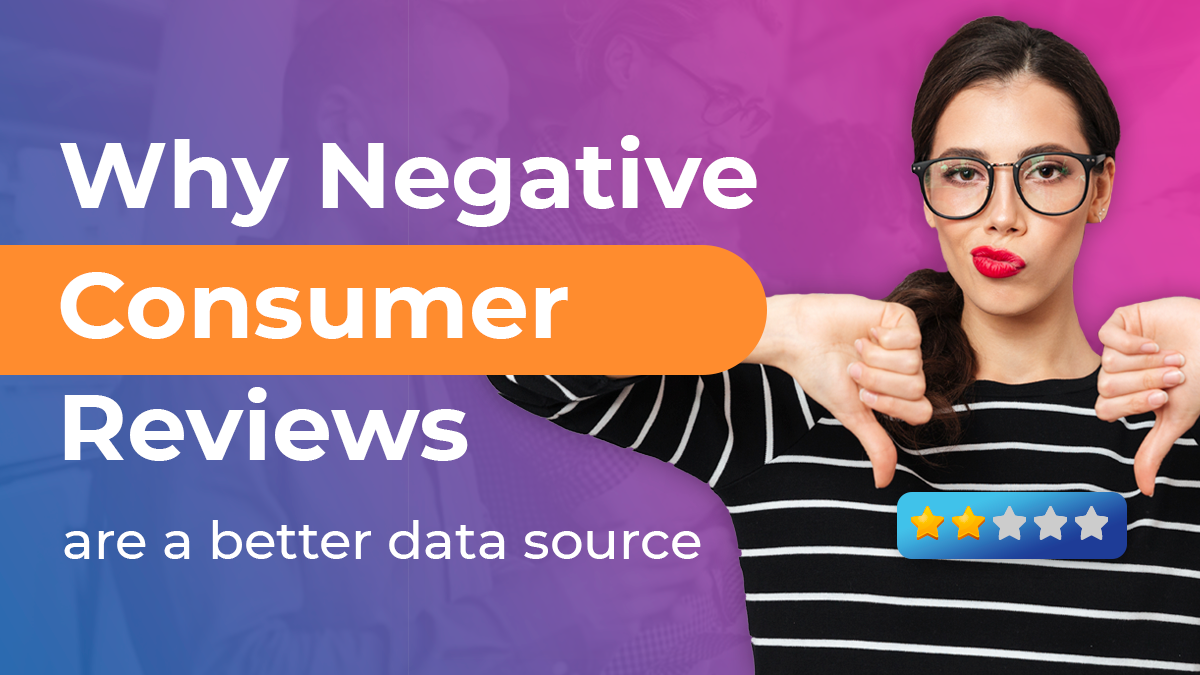
With nearly 95% of shoppers reading online reviews before making a purchase decision (Spiegel Research Center) most brands work hard to drive more positive reviews of their products or services. So, they do everything in their power to get five-star reviews and prevent any negative reviews, right?
What if we showed you the real value hides in negative reviews?
Believe it or not, learning from positive reviews isn’t critical for your business. In fact, negative reviews can actually help your business much more then you may have ever expected.
Listening to the world largest panel
There are so many ways now for consumers to share data and information that online consumer reviews and feedback data has in fact become the world’s largest consumer panel. Additionally, because it is an anonymous, it’s easy to share loads and loads of data since no one is worried about saying the wrong thing. This has contributed to the explosion of world data to the point that, as IBM recently pointed out, 90% of the world’s data was created in the last 2 years.
In fact, it’s even better than just the world largest consumer panel, as consumers are not concerned that they are monitored and as such convey their opinions more freely, this consumer panel might be the most honest and accurate.
There’s so much good data available in areas such as customer service and QA (returns, complaints, failures, missing parts, packaging), product or service (popular features, negative reviews, competitive analysis) and market research (analyzing brands, products and sentiment and looking for white spaces for innovation).
With so much high quality data available on such a diversified set of consumer goods/services topics – every consumer brand would benefit from closely following this resource.
Why negative reviews are more informative
Our experience serving dozens of brands across numerous verticals shows when consumers are happy about a product or a service they will mention it in broad terms and without touching on the specifics – “I am very happy with the service”, “it met my expectations”, “value for money is awesome” ….
However, when consumers are unhappy with a product or a service, they will mention the specifics of why – “Not happy with the smartphone battery”, “phone is very unstable and stops working several times a week”, “display is not crisp”, “camera is very slow and doesn’t take good pictures in the dark.
Therefore, listening to and analyzing negative reviews tells you more details about your product/service and of your competitors! This goes for both negative and positive since by not stating a negative it can be inferred that consumers are satisfied.
Example 1 – smart phones
See below the top 10 topics for reviews wit 4-5 stars rating vs. reviews with 1-3 stars ratings. These topics were identified by the Revuze solution based on consumer opinions on smart phones and as can be seen below that 4-5 stars ratings topics are mostly generic in nature (overall satisfaction, performance, ease of use) while the 1-3 stars topics are very specific (applications, life span, defects):
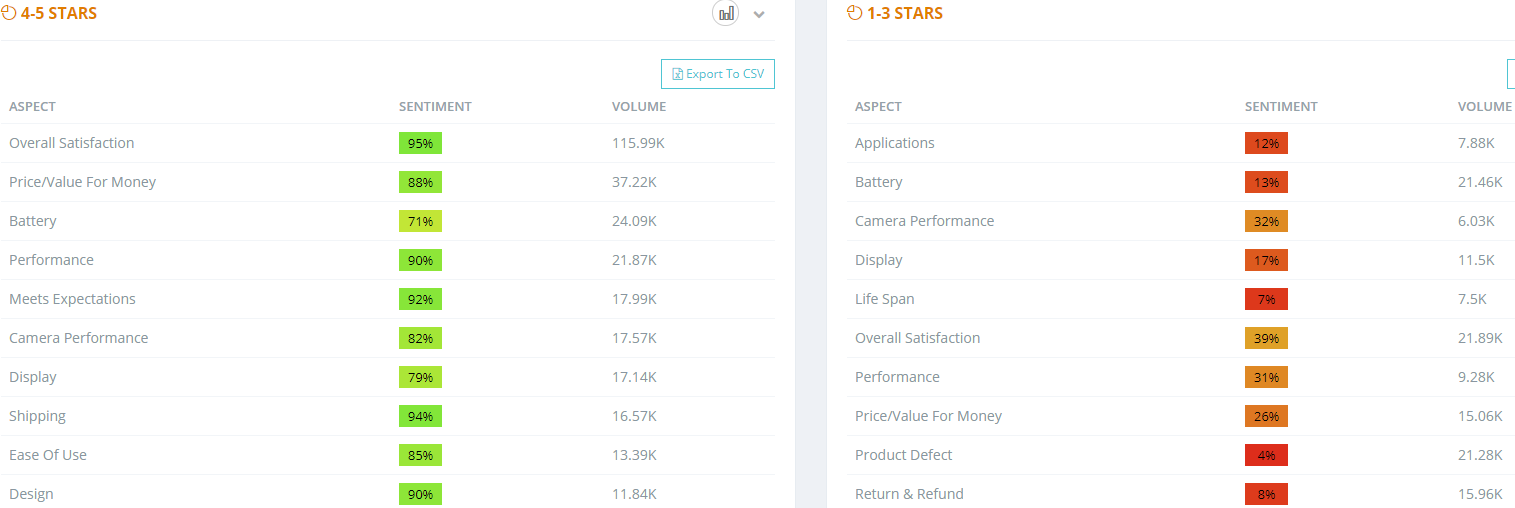
Example 2 – razors and blades
Similar to cell phones, see below the top 10 topics for reviews wit 4-5 stars rating vs. reviews with 1-3 stars ratings. These topics were identified by the Revuze solution based on consumer opinions on razors and blades and as can be seen below the 4-5 stars ratings topics are mostly generic in nature (overall satisfaction, value for money, ease of use) while the 1-3 stars topics are very specific (blade sharpness, the handle, quality):
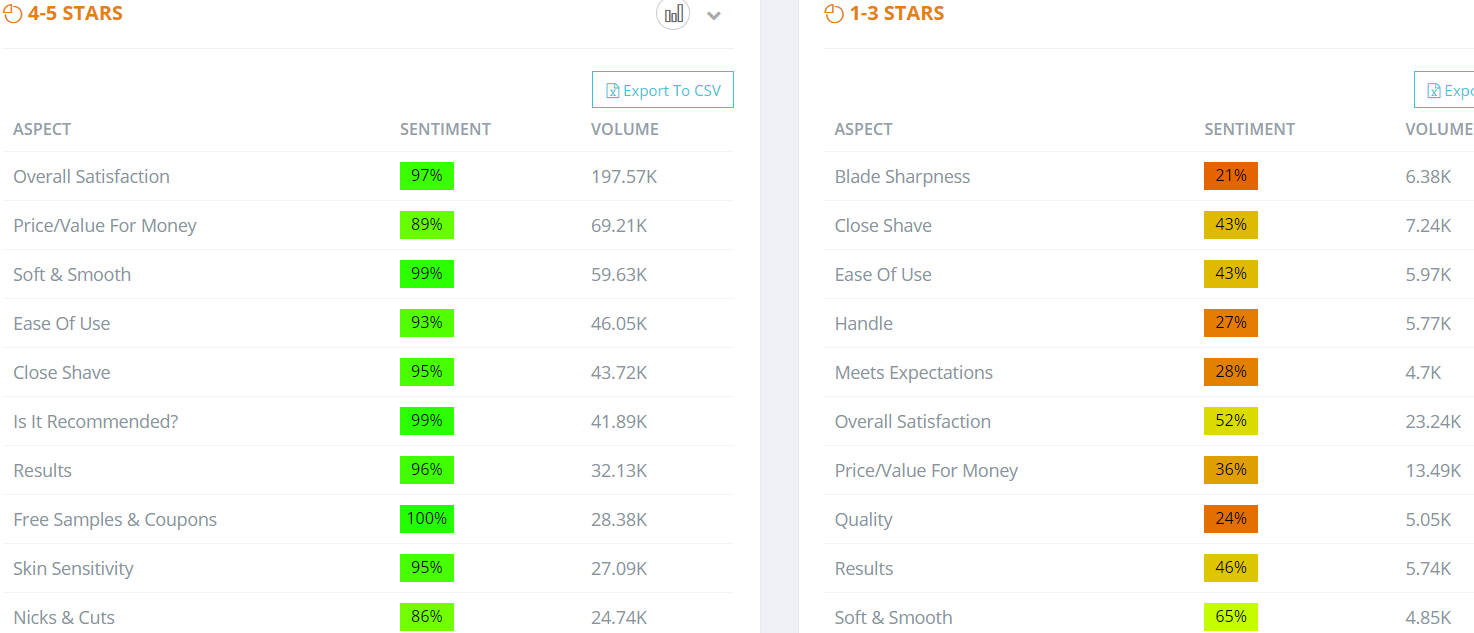
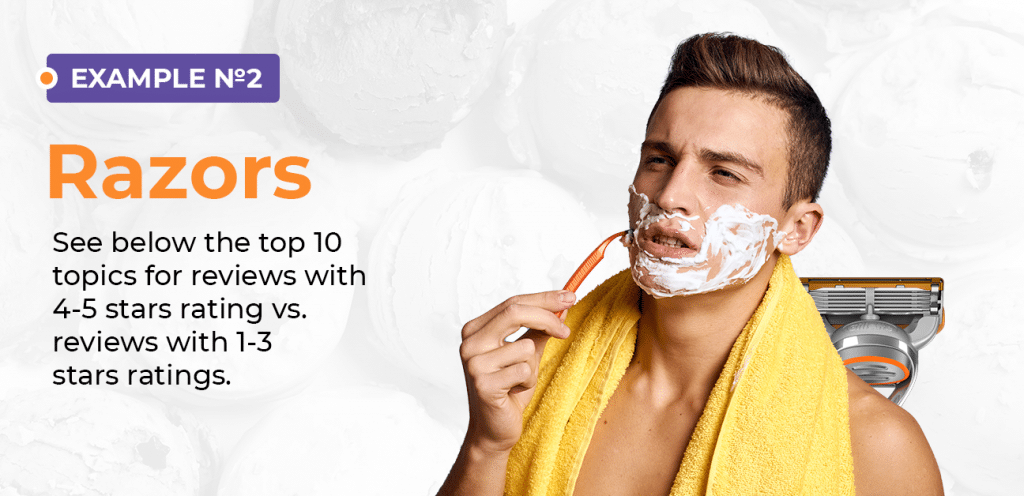
Conclusion
As seen in 2 very different industries, success (4-5 stars ratings, solid reviews) drives generic responses while failure (1-3 stars rating) drives focused, detailed feedback.
A consumer-focused product or a service can fail even if just one specific aspect does not meet expectations. (One well documented example, the Samsung Note 7). This is why brands need to make sure they are aware of ALL the aspects that are important to their consumers so that all bases are well covered.
As consumers become more sophisticated they tend to become more demanding. This increased sophistication combined with the available online outlets to express opinions, creates a huge mass of data available today. With most existing methods of analysis, drawing out accurate, timely, actionable intelligence in an economic fashion has become a herculean and almost unattainable goal.
Revuze is here and offers the first autonomous learning AI for consumer insight analysis. The Revuze solution can analyze any every written review of consumer goods or services and does so without the need for human interaction. This eliminates the need for IT or Data Science experts. This revolutionary self-training, no-touch solution mines all this data and reports back on every topic mentioned even by one consumer. These quantifiable results are more granular, economic and timely than any other solution for analyzing consumer feedback. The result is that those using Revuze receive 5x-10x the amount of granular, economic, timely and actionable insights as compared to any other method.
 All
Articles
All
Articles Email
Analytics
Email
Analytics




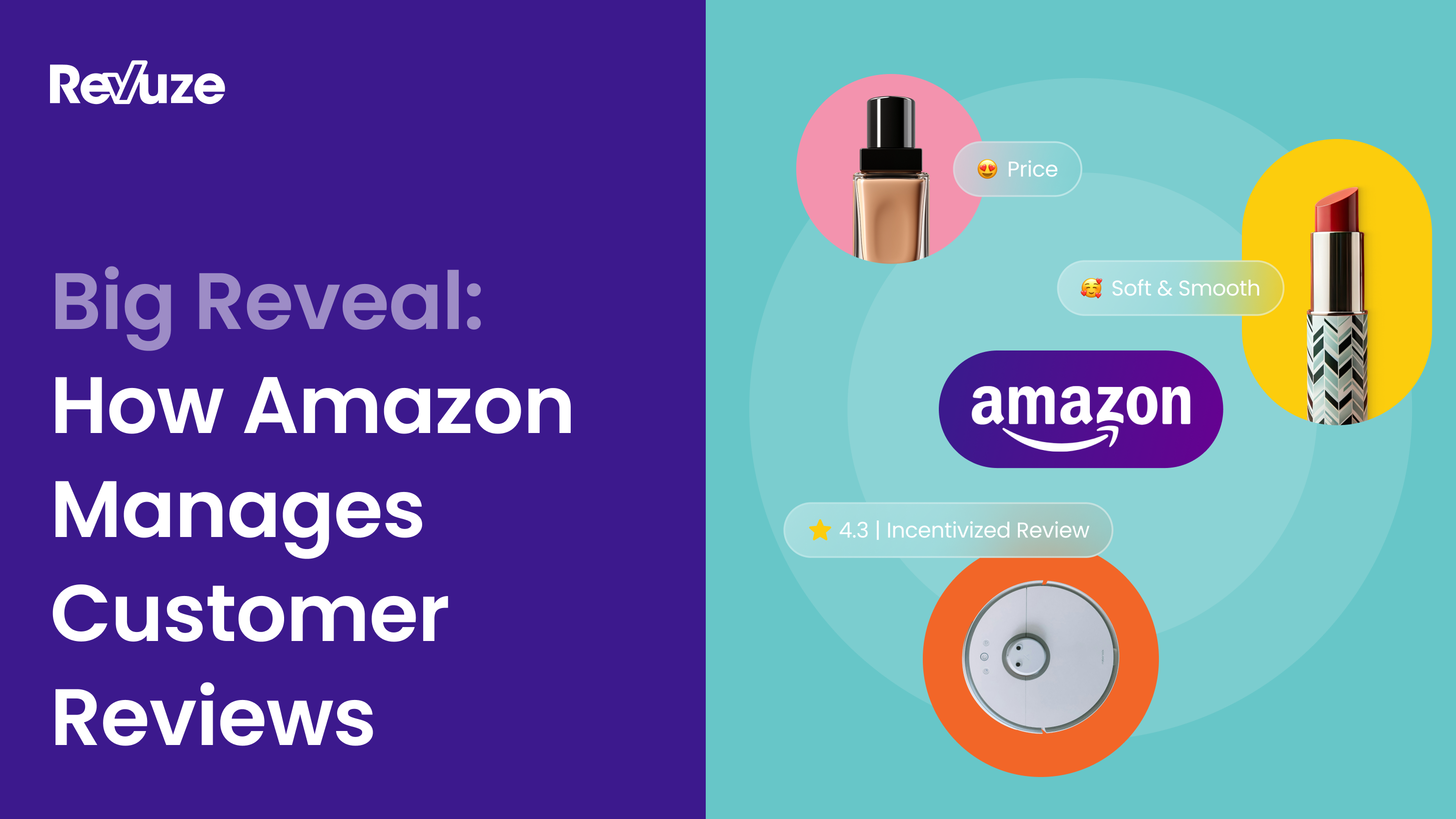


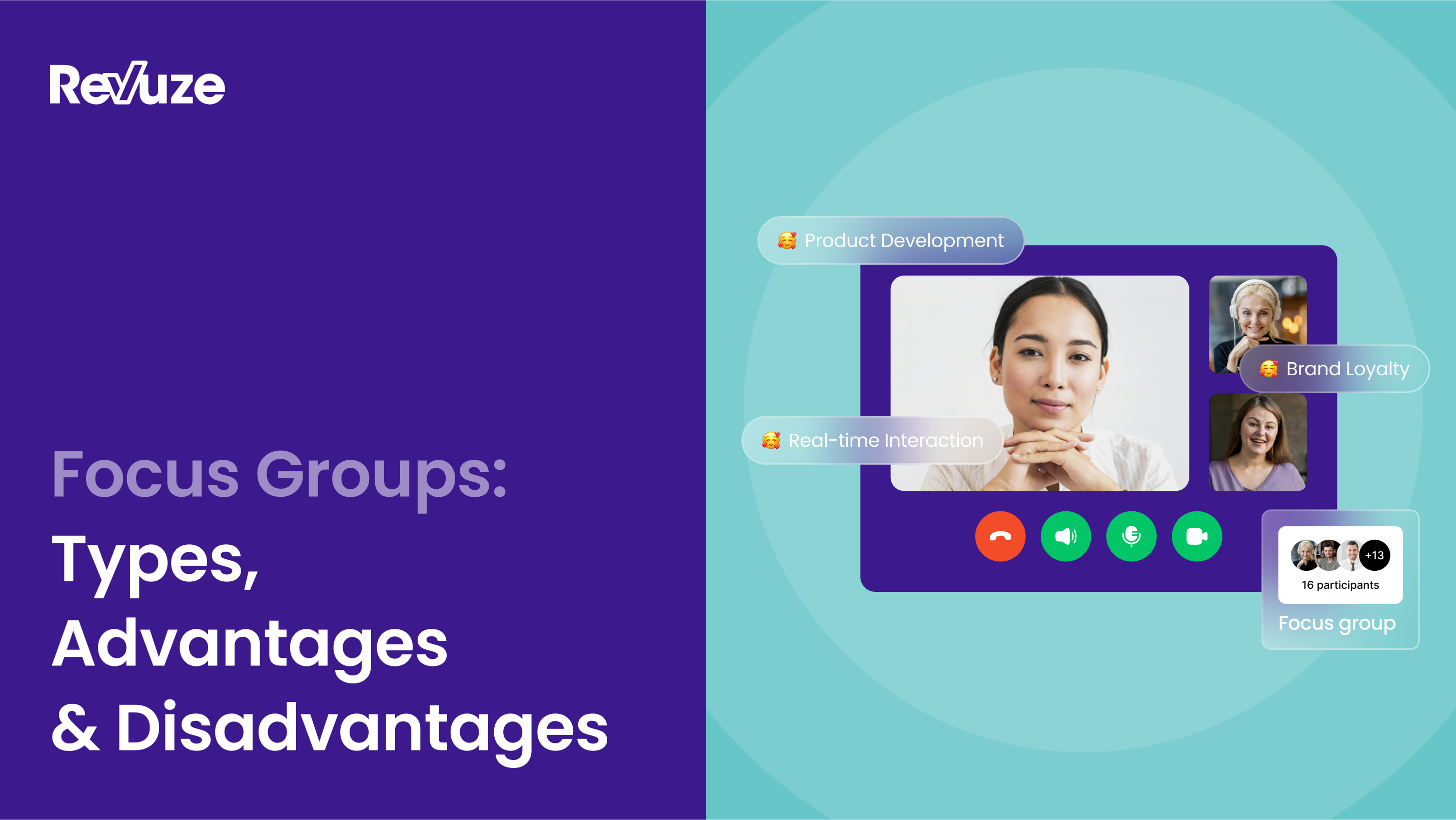
 Agencies
Insights
Agencies
Insights